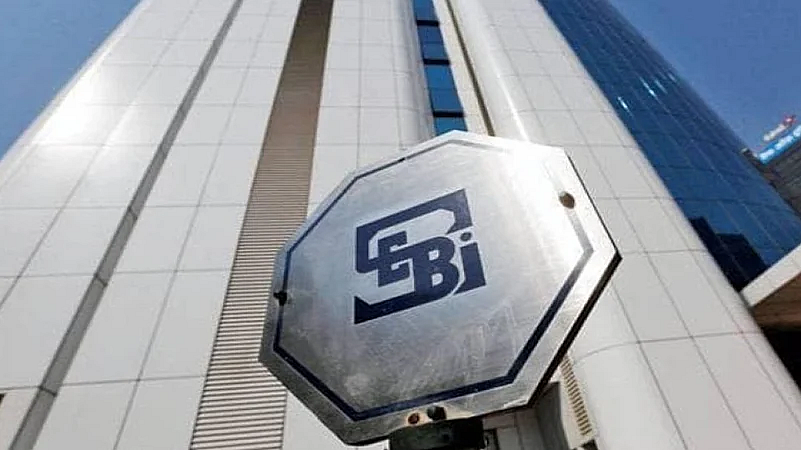The Securities and Exchange Board of India (Sebi) has proposed several reformatory measures to enhance the real estate investment trusts (REITs) and infrastructure investment trusts (InvITs) markets. In a consultation paper titled ‘Consultation Paper on Regulatory Amendments for REITs and InvITs’ dated May 2, 2025, the regulator has sought public feedback on the proposed regulatory amendments it made for the two investment vehicles.
The proposed amendments, which are open for public feedback until May 22, 2025, aim to make these investment vehicles more accessible and operationally smoother for both issuers and investors.
Here are the key proposals Sebi made in the consultation paper.
Definition of ‘Public’ for Minimum Unitholding
One of the major amendments under consideration is a new definition of who qualifies as a “public” investor. At present, related parties of Reits and InvITs are not counted as public investors, which impacts the minimum public shareholding requirements. Sebi has now proposed that related parties who are also qualified institutional buyers (QIBs) should be included in the public investor category.
Cash Flow Adjustments for HoldCos
The regulator has also addressed the operational challenges faced by holding companies. Under the existing norms, HoldCos are required to upstream 100 per cent of the cash flows they receive from special purpose vehicles (SPVs) to Reits or InvITs, even if the HoldCos themselves are running at a loss.
Now, the regulator has proposed that HoldCos would be allowed to adjust their own negative cash flows against the distributions from SPVs before forwarding the funds to investors. However, they would need to provide full disclosures to unitholders.
Unified Timelines For Disclosures And Financial Results
At present, the submission deadlines for quarterly reports, valuation disclosures, and trustee communications vary. This results in overlapping compliance requirements.
Therefore, to ease this compliance burden, Sebi has proposed to sync these submission deadlines with those for financial results. Under the new framework, quarterly reports would be required within 45 days, while annual reports would have a 60-day window for submission.
Lower Minimum Investment for Private InvITs
Sebi has also proposed to reduce the minimum investment threshold for privately-placed InvITs to make these investment vehicles more accessible to a wider range of investors.
At present, the minimum investment for private InvITs with less than 80 per cent revenue-generating assets is Rs 1 crore, and for InvITs with more than 80 per cent operational assets, it is Rs 25 crore. Now, Sebi has proposed to reduce the minimum investment to a flat Rs 25 lakh for all privately-placed InvITs, in alignment with secondary market trading.
Investor Charter for Reits, InvITs
To enhance transparency and investor protection, Sebi has introduced standardised investor charters for Reits and InvITs.
An investor charter is a document that states investor rights, key risks, and grievance redressal mechanisms. It essentially sets a standard of ethical behaviour, transparency, and protection for investors.











